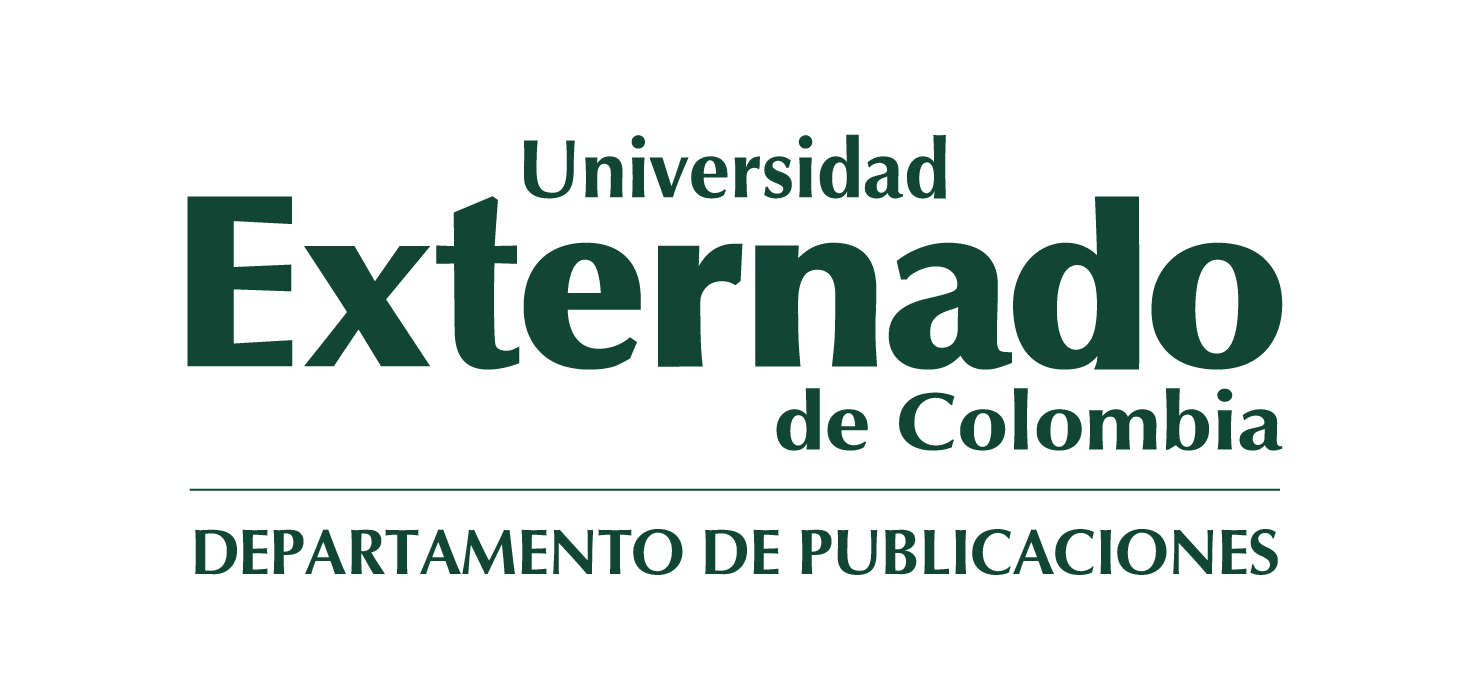Using debates in the classroom: a pedagogical strategy for the development of the argumentative competence in the teaching of englis as a foreign language
This book is divided into six chapters. The first one offers an account of the theory and research studies that support the constructs entailed in the research inquiry which were communication, communicative competence, argumentative competence, argumentation, the concept of an argument, and the debate. The second chapter focuses on the pedagogical strategy implemented and the instructional phases followed during this study. The third one provides the reader with the research design ensued in the study. The fourth chapter discusses the process followed in the data analysis. The fifth one shows the findings and the implications for the teachers of the EFL community. The last chapter deals with questions for further research.
Capítulo IRevisión de la literatura
Capítulo IIDiseño instruccional
Capítulo IIIDiseño de la investigación
Capítulo IVAnálisis de datos
Capítulo VConclusiones
Capítulo VIImplicaciones y preguntas para investigaciones futuras
ReferenciasApéndicesAutores
Impreso
-

-
Astrid Núñez Pardo
-
Astrid Núñez Pardo, docente investigadora de la Facultad de Ciencias de la Educación de la Universidad Externado, fue galardonada con el Premio Clare de Silva, otorgado por la Asociación Colombiana de Profesores de Inglés (ASOCOPI) en el marco de su congreso anual.
-
-

-
María Fernanda Téllez Téllez
-
Doctorado Universidad Pedagógica Y Tecnológica De Colombia - Uptc - Sede Tunja Doctorado en Educación Enerode2015 - Febrero de 2022 Prácticas Pedagógicas de los Maestros de inglés: La auto confrontación para la reflexión sobre la acción Maestría/Magister UNIVERSIDAD EXTERNADO DE COLOMBIA Maestría en educación Juniode2005 - Junio de 2008 Una mirada hacia la competencia argumentativa en lengua extranjera a través del debate de temas de interés social en el aula Pregrado/Universitario Fundación Universitaria San Martin Facultad de Administración de Empresas a Distancia Juliode2002 - Septiembre de 2009 Diseño de un modelo de calidad en el subproceso de selección y definición de perfiles en el área de recursos en los supermercados Siglo XXI S.A, Bogotá Pregrado/Universitario UNIVERSIDAD DE LOS ANDES Facultad de Lenguas Modernas Enerode1988 - de 1993 Licenciada en Lenguas Modernas
-



